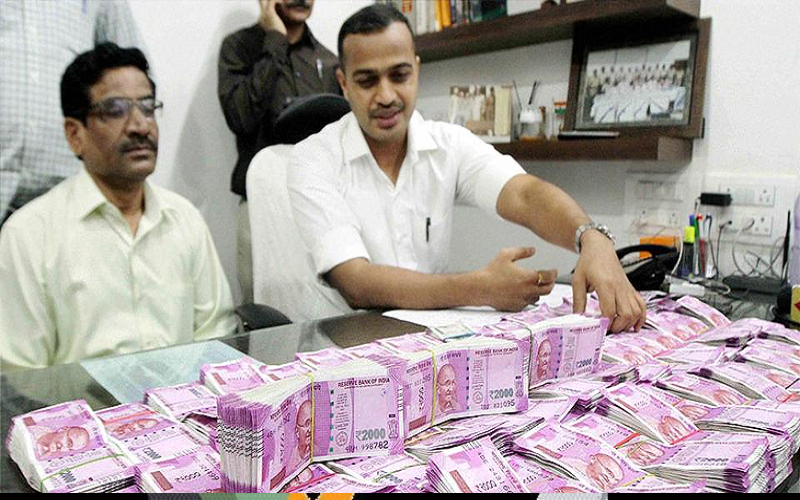What High Value Transactions are Reported to the Income Tax Department?

With the increase in instances of transactions in higher denominations, the Income Tax Department is working in solidarity with other government departments to trace those persons who transact high amounts but do not pay taxes thereon. The government has now started to operate the tax department in digital mode to reduce physical tax evasion.
The Income Tax Department closely monitors 11 transactions. In the next section of this article, we shall discuss them under five brackets to facilitate smooth reading.
Which transactions constitute high-value transactions?
- Investment in shares or mutual funds, purchase of bonds and debentures, buying foreign currencies, time deposits, and buy back shares worth Rs.10 lakhs or above.
- Fixed deposits, cash deposits or withdrawal of Rs.10 lacs or more from all bank accounts, and Rs.50 lakhs in current accounts.
- In case the stamp duty on purchase/sale of immovable property is Rs.30 lakhs or more, it will also be monitored by the Tax Department.
- Cash payment of a bill of Rs.1 lakh, or credit card payment of a bill of Rs.10 lakhs or more.
- Rs.2 lakhs or more received in cash on the sales of goods/services.

How do the tax authorities catch hold of these transactions?
The transactions mentioned above come under the ambit of authorities like the post office, banks, registrars, etc. These reporting authorities intimate the Director of Intelligence and Criminal Investigation branch of the Income Tax Department through Form 61A. With this intimation, the concerned authorities start scrutinizing your income tax returns, whether the disclosed income is actual or not, whether taxes have been paid or not, etc.
New measures that are undertaken by the Income Tax Department to trace such transactions dynamically.
- The new tax passbook (also called Form 26AS) will now also specify the stocks/bonds you have purchased, details of credit card payments, etc. to tap high-value transactions quickly.
- To facilitate data exchange, the Income-tax department has joined hands with various other departments like the Ministry for Micro, small and medium enterprises (MSME), SEBI, etc.
- The Income Tax department started an 11-days campaign, wherein they encouraged taxpayers at fault to file their income tax returns.
- As per the new budget, everyone must file returns even if the income is not above Rs.2.5 Lakhs, have deposited an amount of Rs.1 crore in their current accounts, spent over Rs.2 lakhs in a foreign tour, or paid over Rs.1 lakhs as electricity expenses.
- Post offices and banks have also been directed to deduct TDS at a withdrawal of Rs.20 lakhs or Rs.1 crore @5% and 2%.
The final comment
People engaging in high-value transactions are under the vigilant eyes of the Income Tax Authorities. In most of the cases, notices are issued to such people. Therefore, you must keep yourself updated and informed with these transactions and accordingly file your returns.


 ITAT Amritsar: No Section 269SS Violation for One-Time Cash Payment Before Sub-Registrar
ITAT Amritsar: No Section 269SS Violation for One-Time Cash Payment Before Sub-Registrar  Tax Officials Unleash Digital Dragnet: How New Raid Powers Redefine Privacy, Property Rights in India and likely to Fuel Corruption
Tax Officials Unleash Digital Dragnet: How New Raid Powers Redefine Privacy, Property Rights in India and likely to Fuel Corruption  Income Tax Department Rewards for Reporting Tax Evasion: A Comprehensive Guide
Income Tax Department Rewards for Reporting Tax Evasion: A Comprehensive Guide  Forfeiture of Gratuity by Employer- What are the Remedies for an employee- Can employer be challenged?
Forfeiture of Gratuity by Employer- What are the Remedies for an employee- Can employer be challenged?  Employer can forfeit gratuity of an employee in case of moral turpitude
Employer can forfeit gratuity of an employee in case of moral turpitude  Diving Deeper: The Impact of the New Tax Bill on Dairy and Farming Income
Diving Deeper: The Impact of the New Tax Bill on Dairy and Farming Income